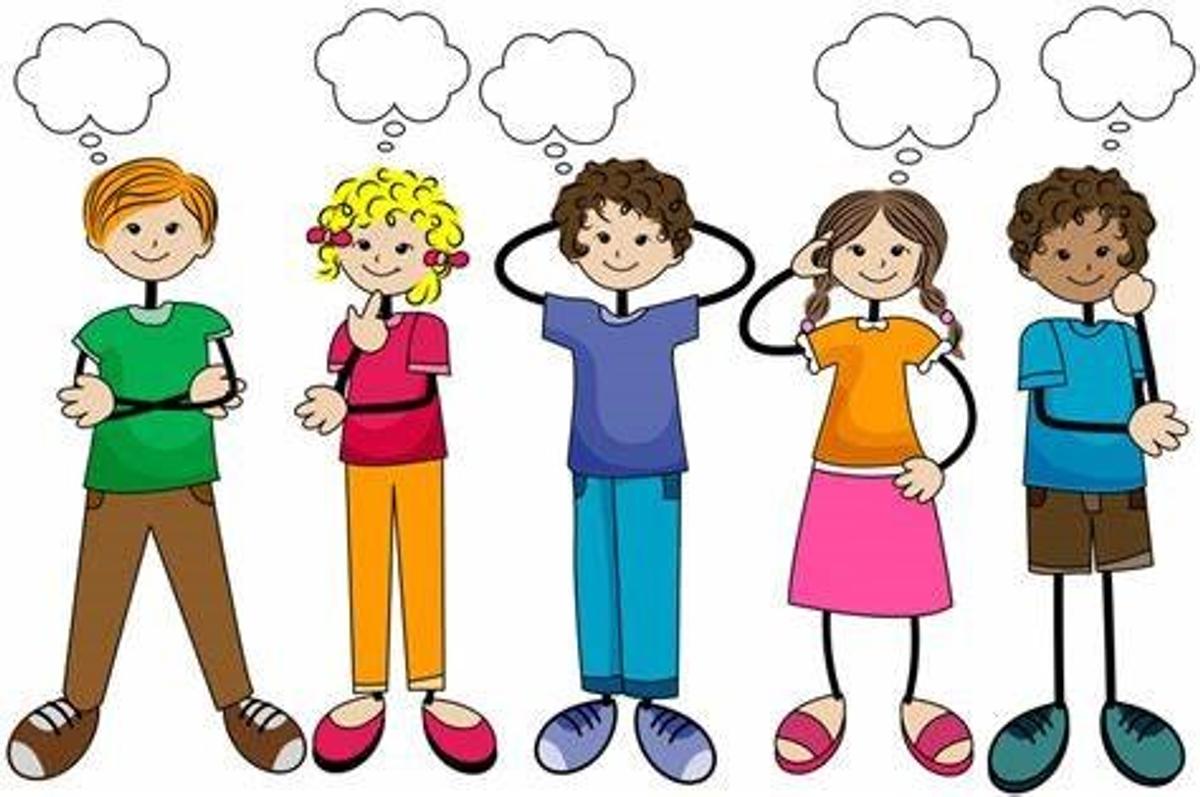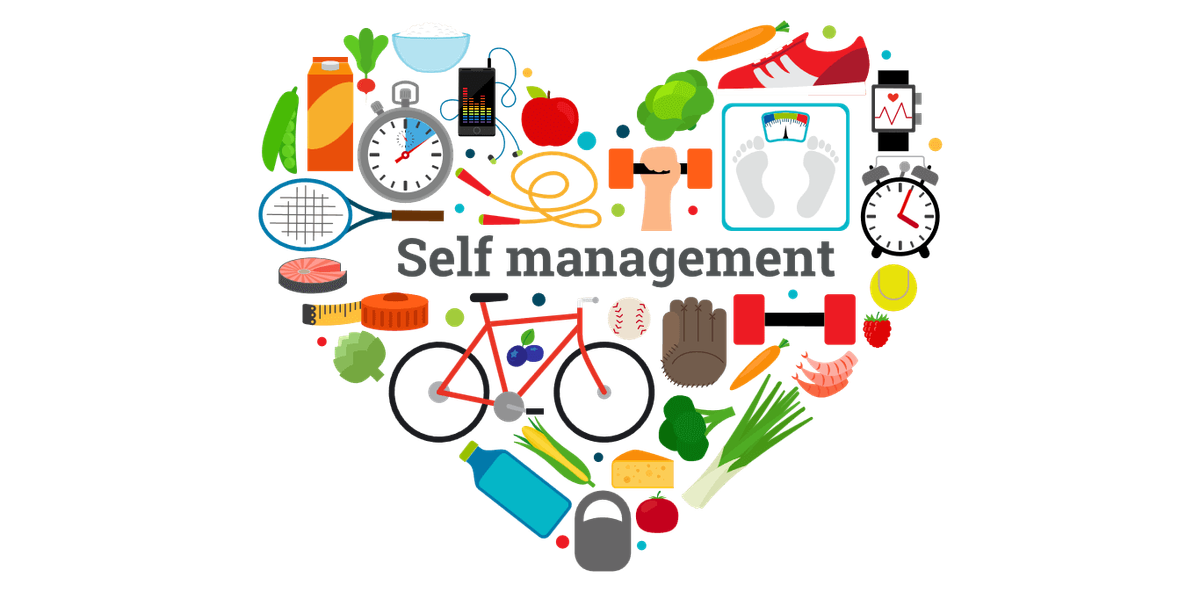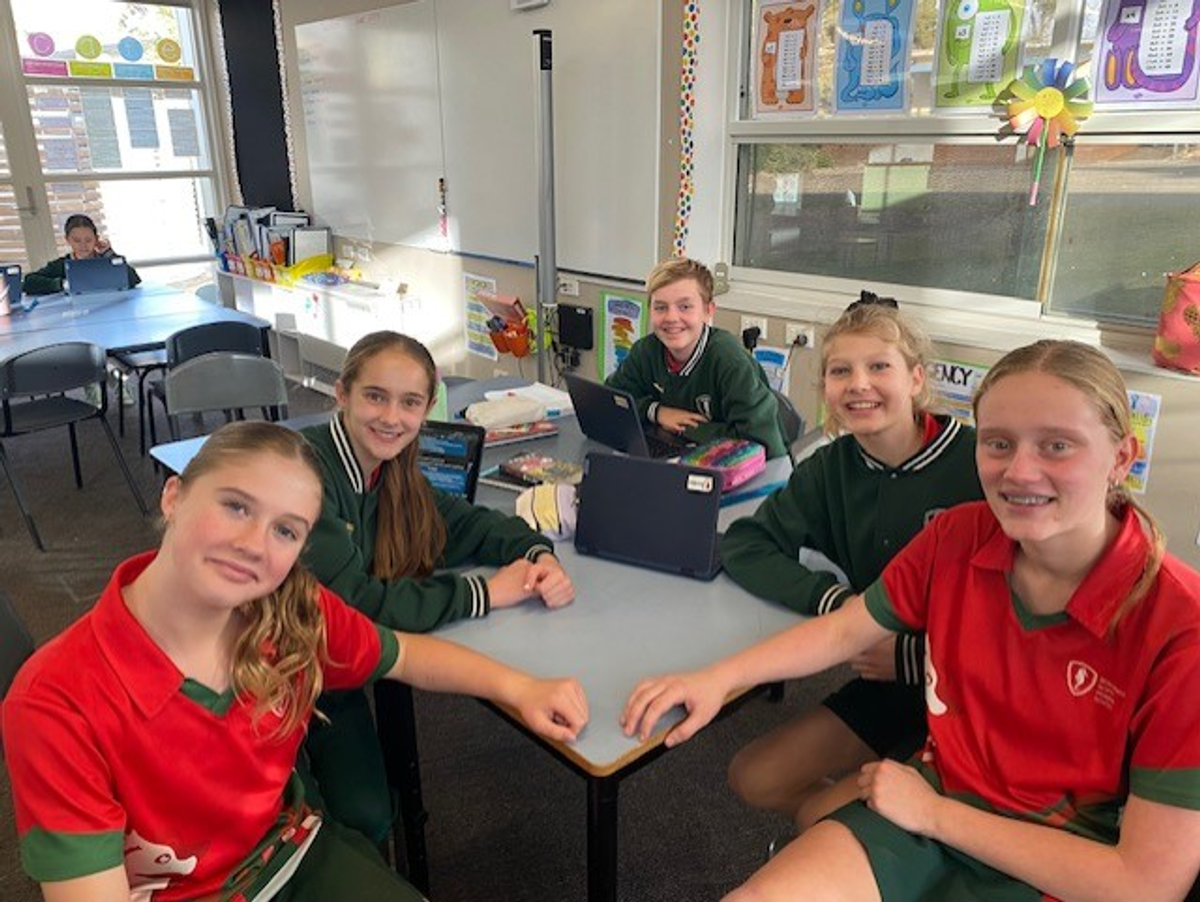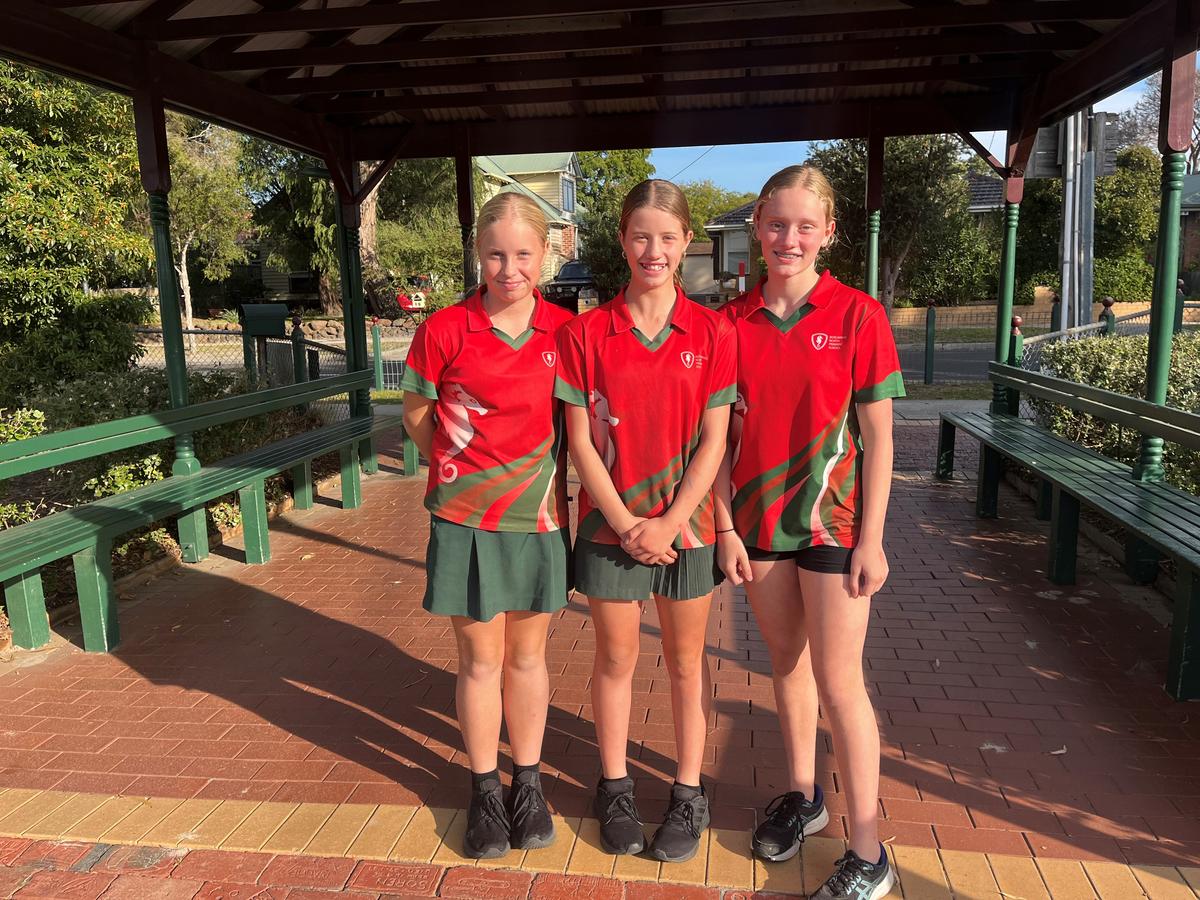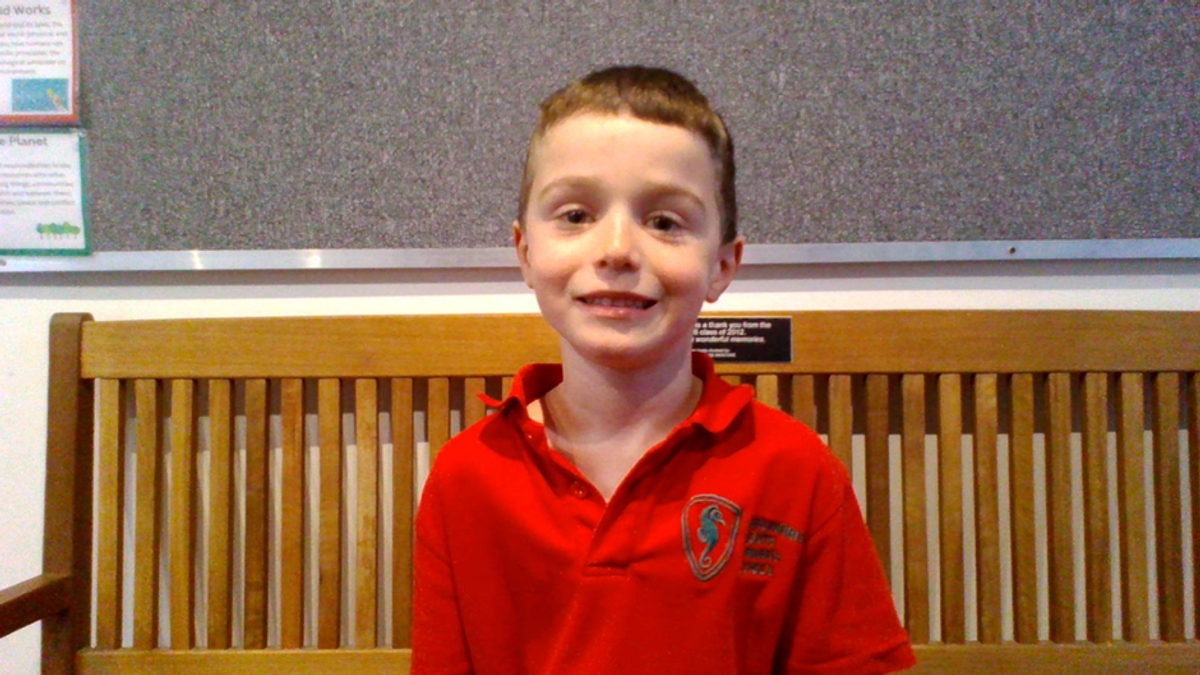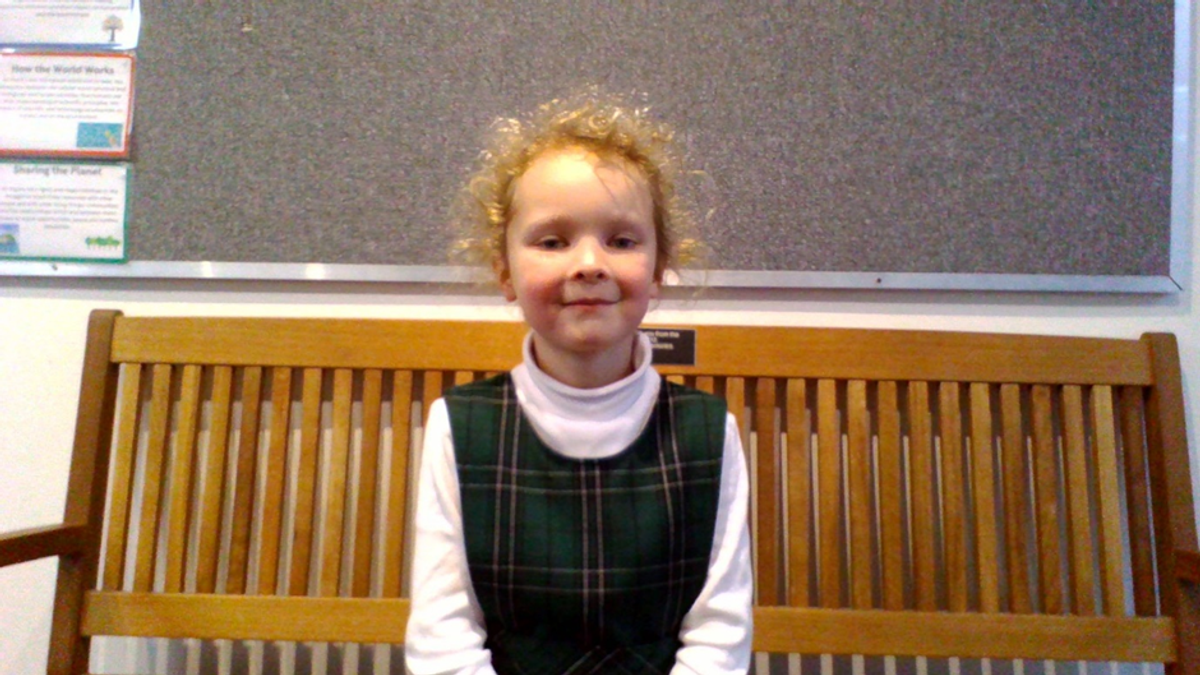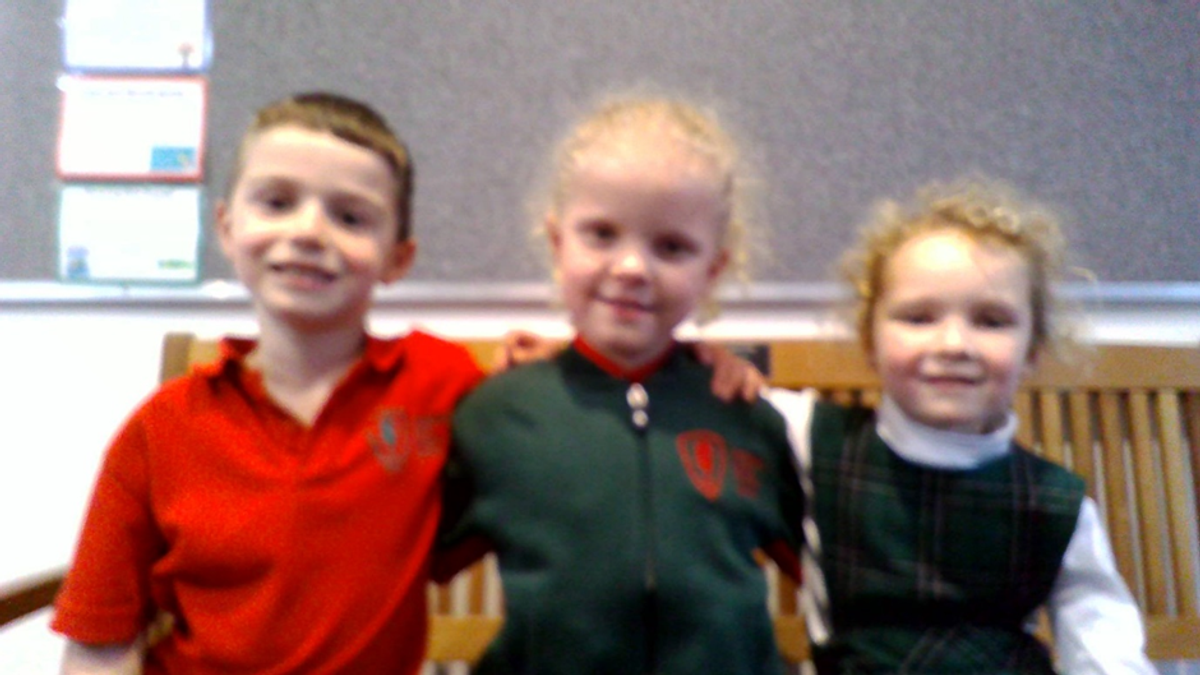PYP
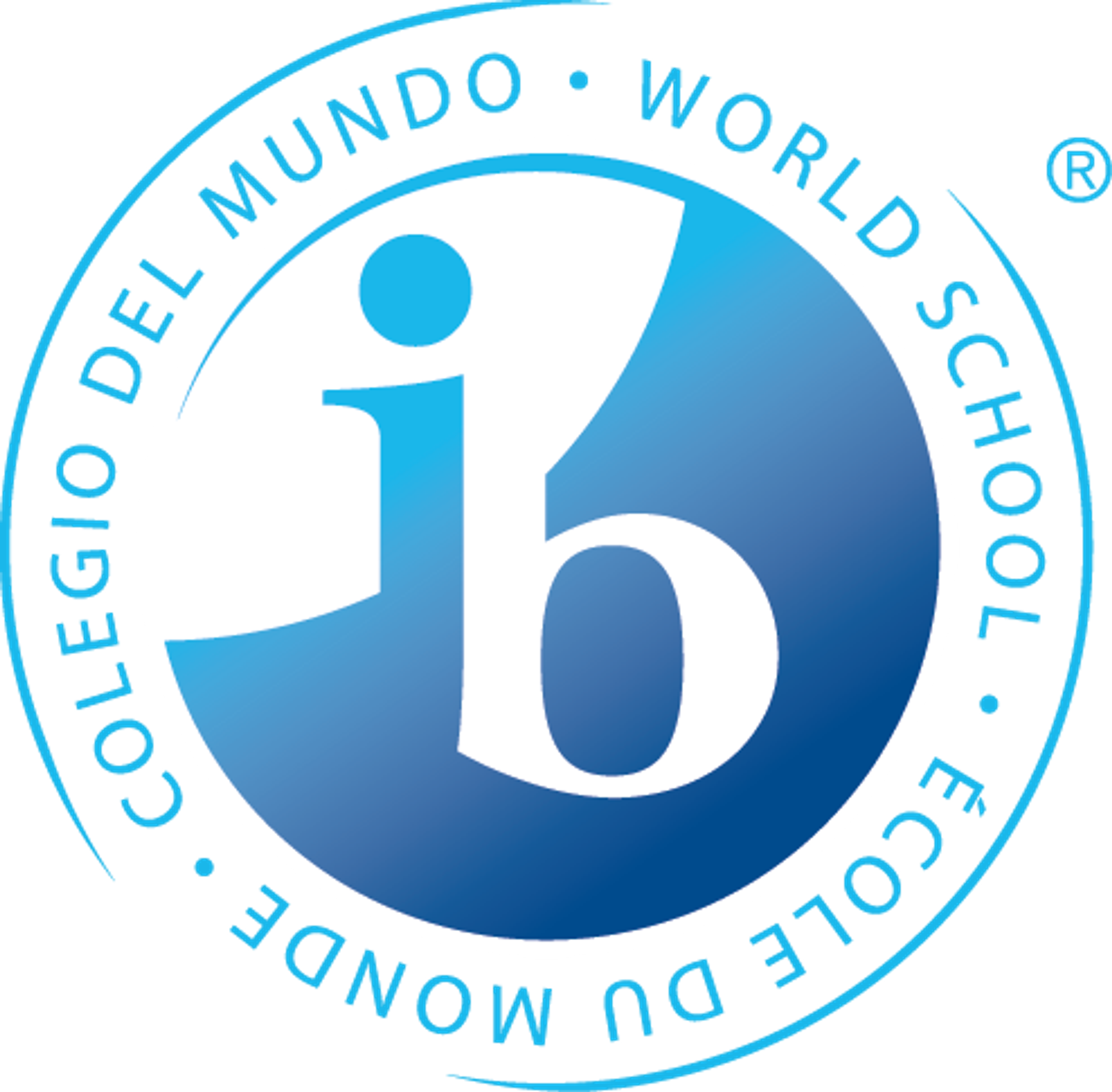
Exploring Approaches to Learning (ATLs) in the PYP
In our journey through the Primary Years Programme (PYP), we place a strong emphasis on developing skills that go beyond subject-specific knowledge. This newsletter for our PYP page we shine a spotlight on the Approaches to Learning (ATLs) that our students are cultivating every day.
What are ATLs?
ATLs are the essential skills that empower students to become lifelong learners and successful individuals. They encompass a wide range of abilities, including thinking skills, social skills, communication skills, self-management skills, and research skills. At Beaumaris North Primary School, we integrate these skills into our curriculum, ensuring that students not only develop content knowledge but also develop the skills necessary to apply their knowledge in meaningful ways.
Thinking Skills:
Our students are encouraged to think critically and creatively, analyse information, and make connections across different subjects. Whether they are exploring the causes of historical events or solving mathematical problems, they learn to approach challenges with curiosity and confidence.
Social Skills:
Collaboration and communication are essential components of our learning environment. Through group projects, classroom discussions, and peer feedback sessions, students develop empathy, respect for diverse perspectives, and effective interpersonal skills.
Communication Skills:
Effective communication is key to expressing ideas clearly and persuasively. From presenting findings during a science experiment to writing persuasive text, students develop their ability to communicate with clarity and coherence.
Self-Management Skills:
Taking ownership of their learning journey, our students learn to set goals, manage their time effectively, and reflect on their progress. These skills empower them to be responsible, organised, and resilient learners.
Research Skills:
In an age where information is readily accessible, our students learn to navigate and evaluate sources critically. They develop skills in gathering, interpreting, and presenting information ethically and effectively.
What Can You Do At Home?
As parents, your role in supporting the development of ATLs is crucial. Encouraging your child to reflect on their learning experiences, engage in discussions about their homework and projects, and setting personal goals, fosters independence and a growth mindset.
Student Interview
An interview with the Year 6 students about how the Approaches to Learning is a part of the Exhibition journey.
Zoe, Nicola, Heidi, Isabelle & Uma
How have the Approaches to Learning (ATLs) supported your development through the Year 6 Exhibition preparation?
Nicola: Research Skills
Research Skills are important, you need to have good research skills because when you find out about your topic, you need to research good websites to make sure you get the right information. It is basically your whole project to figure out what your topic is. Without research skills, you wouldn’t be able to have your exhibition.
The learner profile attribute connection I see with Research Skills is being an inquirer.
Uma: Communication Skills
You must have good communication skills because you may be in a group with friends or people you do not usually mix with. You will need to agree on things for the exhibition, there will be ups and downs in a group. You need good communication skills to get a better result.
The learner profile attribute connection I see with Communication Skills is being Open-Minded.
Zoe: Social Skills
You need good Social Skills so you can talk with everyone. You need Social Skills when working in a group during the exhibition, so you can all manage what you are doing. These Social Skills will help as you talk and balance out the work without fighting. You need to know how to be nice to your teammates.
The learner profile attribute connection I see with Social Skills is being Balanced.
Isabelle: Self-Management Skills
Self-Management Skills are important during the exhibition because you need to make sure you can manage yourself, so you don’t get stuck on one thing. By using Self-Management Skills, you can get all your work done and not fall behind. You will complete more work and then be successful.
The learner profile attribute connection I see with Self-Management Skills is being Principled.
Heidi: Thinking Skills
You need good Thinking Skills to be creative, to think about what you may be doing during the exhibition We needed to use Thinking Skills to brainstorm different ideas at the beginning of our Exhibition. Now we have been using Thinking Skills as we put all of our research together and put it all into our words.
The learner profile attribute connections I see with Self-Management Skills is being a Thinker, Knowledgeable, an Inquirer, and being Reflective.
Our PYP Year 6 leaders, Zoe, Lucas, Cherry and Helena, took time to interview our 2024 Preps about what they are learning in their current unit of inquiry.
Prep Unit of Inquiry-
Where we are in place and time
Henry- What was your wondering? ‘’My wondering was what did the schools look like in the olden days?’’
Henry- What would you like to learn about? ‘’What was the past like to live in?’’
Henry- What do you already know? “I know about other cultures and different traditions that countries from all over the world.”
Maeve- What was your wondering? “Why was there school in the olden days?”
Maeve- What would you like to learn about? “What was my dad’s life like when he was a child?”
Maeve- What do you already know? “In schools they won’t spank/hit you with a cane if you are a good student.”
Harriet- What was your wondering? ‘’Were pets popular in the olden days and if they were, what type of pets?”
Harriet- What would you like to learn about? “Were kids healthy in school and eat much fruit?”
Harriet-- What do you already know? “I have learnt about my grandparents and how they lived.”


